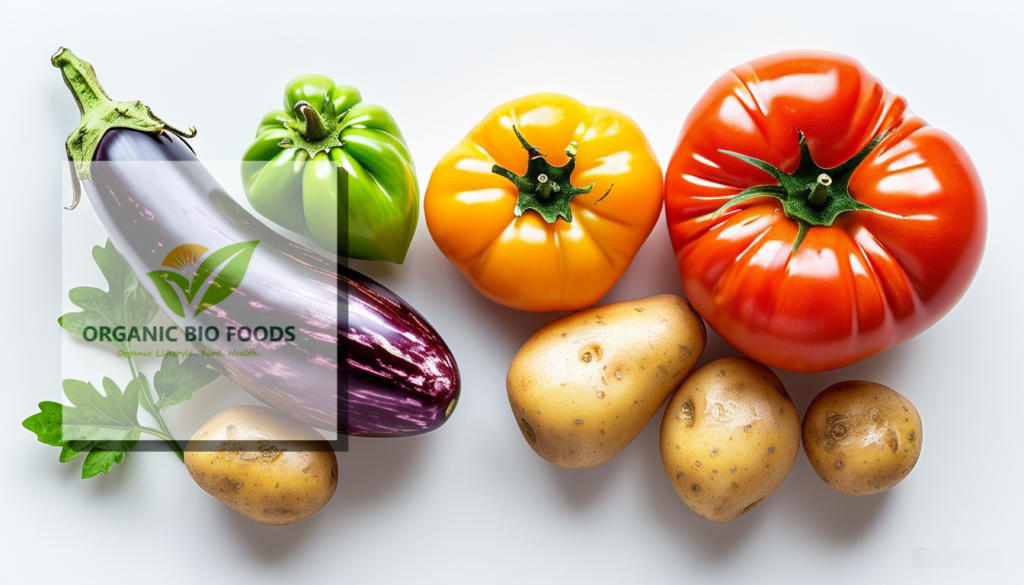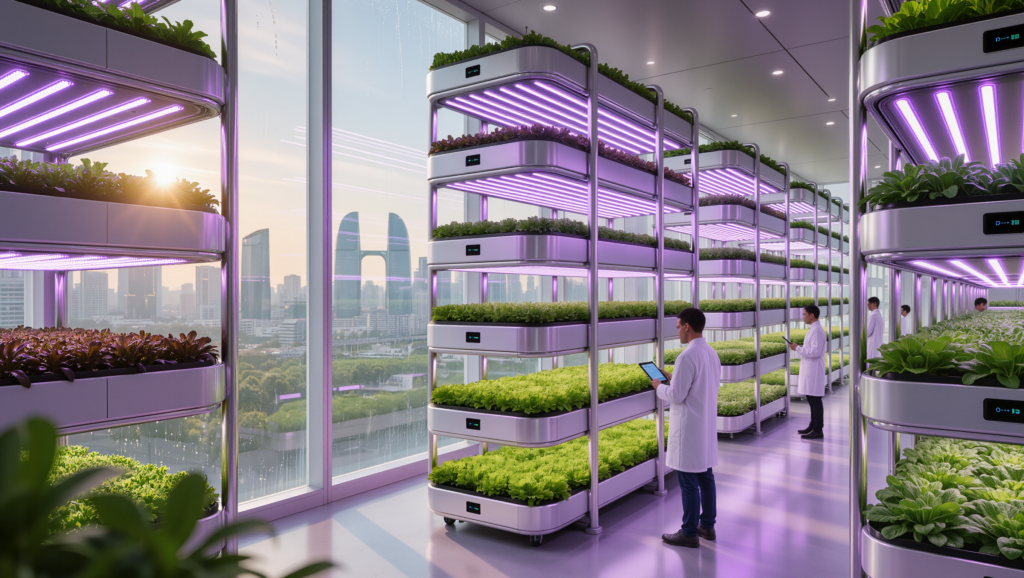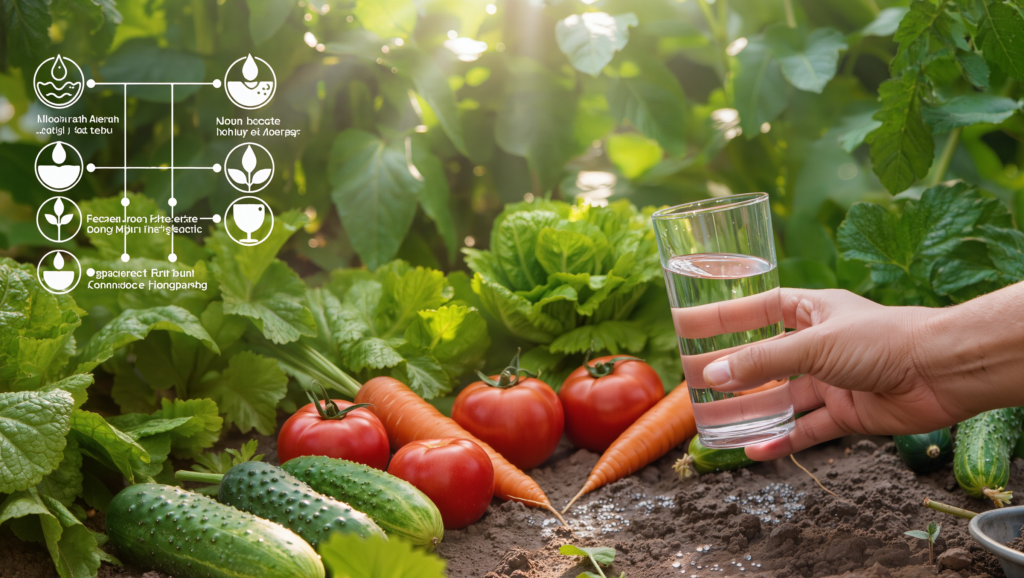You’ve probably heard the term “nightshade vegetables” floating around in health conversations, but what exactly are they? More importantly, should you be worried about including them in your diet?
Nightshade vegetables belong to the Solanaceae family, which consists of over 2,000 species of plants. Some of the most commonly eaten nightshade vegetables include tomatoes, potatoes, eggplants, and peppers. While they are staples in many diets worldwide, some people claim that nightshades could cause inflammation and worsen certain health conditions like arthritis.
But is this concern backed by science? Let’s take a closer look at what nightshade vegetables are, their nutritional benefits, and whether you need to be cautious about consuming them.
What Are Nightshade Vegetables?
Nightshade vegetables are a group of plants that belong to the Solanaceae family. They are called “nightshades” because some of these plants prefer to grow in the shade or flower at night. While this plant family includes some toxic varieties like deadly nightshade (Atropa belladonna), the vegetables we commonly eat are safe and nutritious.
Here are some of the most well-known nightshade vegetables:
- Tomatoes – These juicy fruits (yes, tomatoes are technically fruits) are used in everything from salads to sauces and are packed with vitamins and antioxidants.
- Potatoes – Whether baked, boiled, or mashed, potatoes are a staple in many diets. They provide a good source of carbohydrates, fiber, and vitamins.
- Eggplants – Known for their purple skin and spongy texture, eggplants are versatile and often used in Mediterranean and Asian dishes.
- Bell Peppers – Bell peppers come in various colors, including green, red, and yellow. They are sweet and crunchy and loaded with vitamin C.
- Chili Peppers – Chili peppers add spice to dishes and are often used in cuisines worldwide. They contain capsaicin, which gives them their heat.
Nutritional Benefits of Nightshade Vegetables
Nightshade vegetables are packed with essential vitamins, minerals, and antioxidants, making them a nutritious addition to your diet. Here are some of their key health benefits:
- Rich in Antioxidants
Tomatoes and peppers, for example, are rich in antioxidants like vitamin C and lycopene. Antioxidants help protect your cells from damage caused by free radicals, which are unstable molecules that can contribute to chronic diseases like cancer and heart disease. According to Healthline, consuming antioxidants can help reduce inflammation and lower the risk of developing chronic illnesses. - High in Vitamins and Minerals
Nightshade vegetables are a great source of vitamins like vitamin C, vitamin A, and B vitamins. Potatoes, for instance, provide a good amount of potassium, which is important for heart health and maintaining healthy blood pressure levels. Eggplants are a good source of fiber, which aids in digestion and helps maintain healthy blood sugar levels. - Low in Calories
Most nightshade vegetables are naturally low in calories, making them a great option if you’re trying to manage your weight. For example, bell peppers are not only sweet and delicious, but they also contain only about 30 calories per serving. - Anti-inflammatory Properties
Some nightshade vegetables, particularly chili peppers, contain compounds like capsaicin that have anti-inflammatory properties. According to WebMD, capsaicin may help reduce pain and inflammation, making it beneficial for people with conditions like arthritis.
Should You Be Concerned About Nightshades?
While nightshade vegetables offer many health benefits, some people claim that they can trigger inflammation and worsen conditions like arthritis, digestive problems, and autoimmune diseases. These concerns stem from the presence of alkaloids, naturally occurring chemical compounds found in nightshades.
Let’s break down the potential concerns:
1. Alkaloids and Inflammation
Nightshades contain small amounts of alkaloids, such as solanine and tomatine. These compounds are part of the plant’s natural defense system and help protect them from pests. Some people believe that alkaloids can cause inflammation in the body, especially in those with conditions like arthritis.
However, there’s limited scientific evidence to support this claim. According to Harvard Health Publishing, the alkaloid levels in nightshade vegetables are too low to cause any harm in most people. In fact, many nightshades, like tomatoes and bell peppers, contain anti-inflammatory compounds that can actually help reduce inflammation.
2. Nightshades and Arthritis
One of the most common concerns about nightshades is their potential to worsen arthritis symptoms. Some individuals with arthritis claim that eliminating nightshades from their diet helps reduce joint pain and inflammation. However, research does not support a direct link between nightshade vegetables and arthritis flare-ups.
The Arthritis Foundation states that nightshades can be part of a healthy, balanced diet for most people with arthritis. In fact, the anti-inflammatory properties of certain compounds in nightshades may even be beneficial for reducing arthritis symptoms.
3. Digestive Issues
Some people may experience digestive discomfort after consuming nightshades, especially if they have sensitivities or allergies to these vegetables. For example, individuals with irritable bowel syndrome (IBS) may find that certain nightshades, like tomatoes and peppers, trigger symptoms like bloating or gas.
If you suspect that nightshades are causing digestive problems, it’s a good idea to speak with a healthcare professional. An elimination diet can help determine if nightshades are the culprit.
Should You Avoid Nightshades?
For most people, there is no need to avoid nightshade vegetables. They are a nutritious part of a balanced diet and provide many health benefits. However, if you have a known sensitivity to nightshades or suspect that they may be causing issues, it might be worth experimenting with eliminating them from your diet to see if your symptoms improve.
That said, completely cutting out nightshades without medical advice is unnecessary for the majority of people. The potential health benefits of nightshade vegetables far outweigh the potential risks.
How to Safely Enjoy Nightshade Vegetables
If you’re concerned about the alkaloids in nightshade vegetables but don’t want to give them up entirely, there are a few ways you can minimize their impact:
- Cook Them
Cooking nightshade vegetables can reduce their alkaloid content. For example, boiling or roasting potatoes lowers the amount of solanine, making them easier to digest and less likely to cause problems. - Peel the Skin
The skin of nightshade vegetables often contains the highest concentration of alkaloids. Peeling potatoes, tomatoes, and eggplants can help reduce the alkaloid levels. - Eat in Moderation
As with most foods, moderation is key. There’s no need to overload your plate with nightshade vegetables at every meal. Incorporating a variety of vegetables in your diet will ensure you get a balance of nutrients.
Conclusion: Should You Be Concerned About Eating Nightshade Vegetables?
Nightshade vegetables, including tomatoes, potatoes, peppers, and eggplants, are packed with nutrients and health benefits. They are rich in vitamins, antioxidants, and healthy compounds that can support heart health, improve digestion, and even reduce inflammation.
For most people, nightshade vegetables are a safe and nutritious part of their diet. However, if you have a known sensitivity or suspect that nightshades are causing issues, it may be worth consulting a healthcare professional and considering an elimination diet.
In general, there’s no need to be overly concerned about eating nightshade vegetables unless you experience negative symptoms. Enjoy them as part of a balanced, varied diet, and reap their many health benefits.








